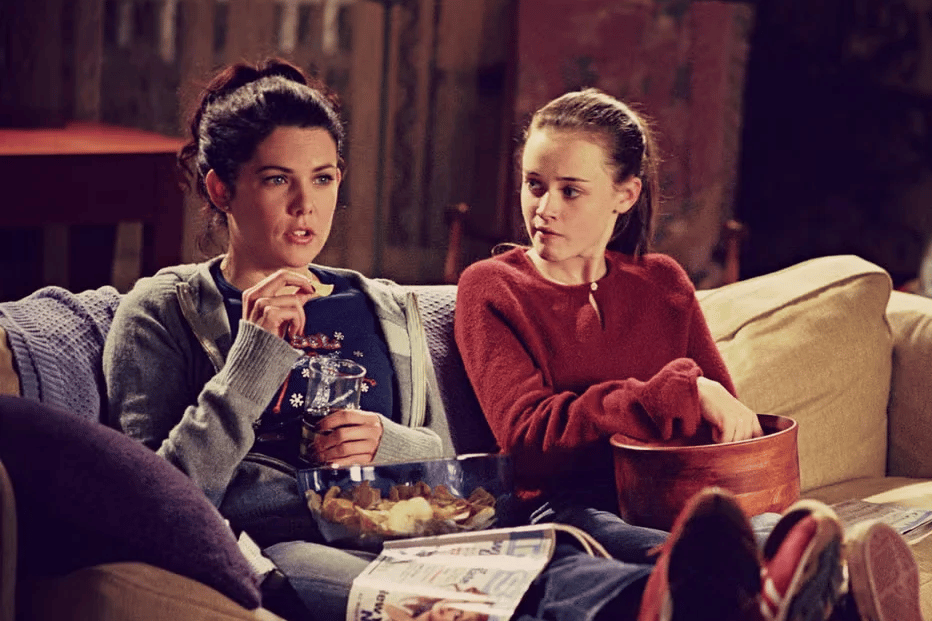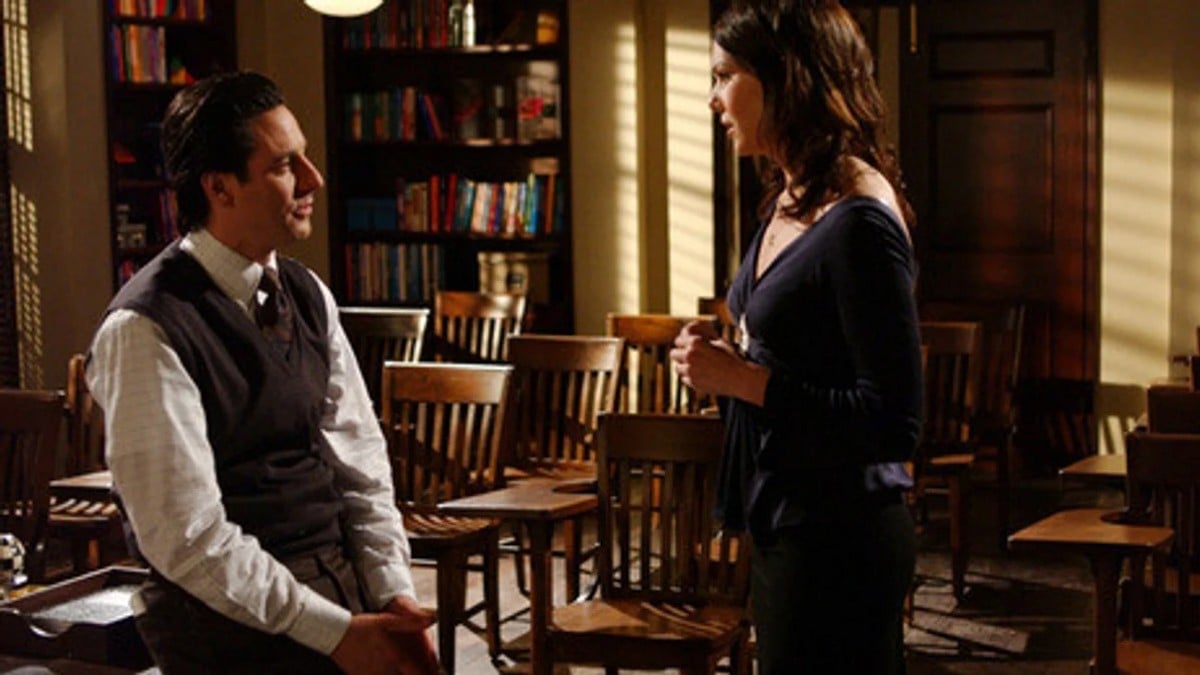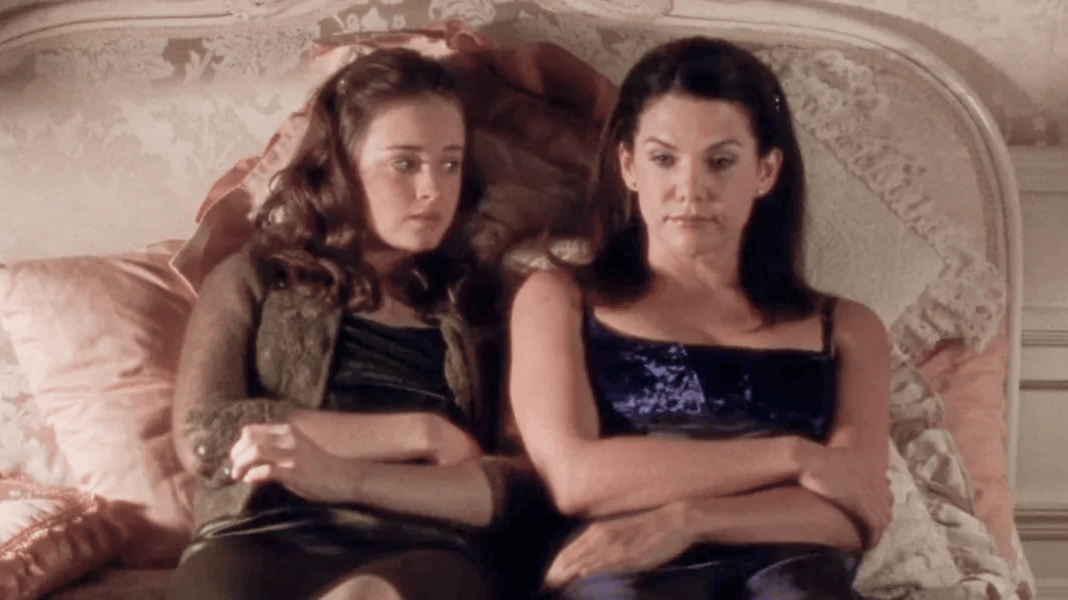
When Gilmore Girls first aired in 2000, the world fell head over heels for the witty banter and seemingly perfect mother-daughter relationship between Lorelai and Rory Gilmore. Twenty-five years later, as fans celebrate the show's anniversary with rewatches and nostalgic social media posts, I finally decided to see what all the fuss was about.
What I discovered wasn't just fast-talking charm and coffee addiction — it was a relationship that made my stomach churn with recognition.
Don't get me wrong — I love the show so much, and I absolutely buy into the hype. There's plenty to love about Lorelai and Rory's bond. Their friendship, their communication, their shared dreams, their fierce loyalty to each other. But watching as an adult — particularly one who grew up alongside a parentified sibling — I couldn't ignore what was hiding beneath all that quirky dialogue.
Rory Gilmore is a textbook parentified child, and there's no way to sugarcoat that. I have no doubt that this dynamic was deliberate in the writing — it's what makes the show so genius, but it's something that's seldom talked about when it comes to Girlmore Girls discussions.
In fact, Rory gets a lot of flack online for her behaviour. But if you've seen this dynamic play out in real life, you know exactly why she is the way she is.
Watch: The Gilmore Girls intro. Article continues after video.
































































































